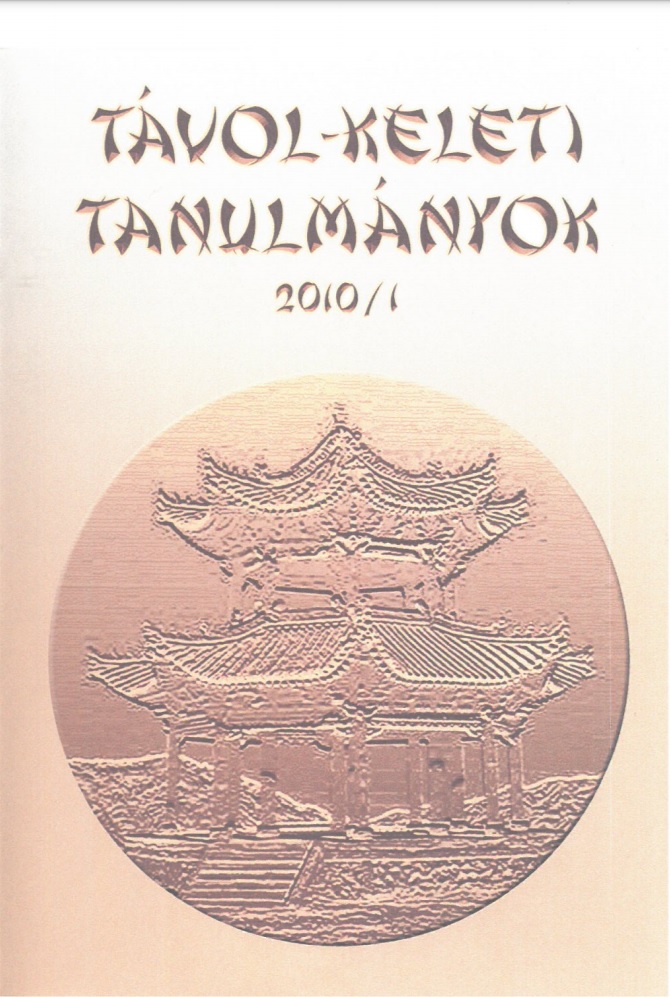Published 2011-03-17
How to Cite
Copyright (c) 2011 the author(s)

This work is licensed under a Creative Commons Attribution-NonCommercial 4.0 International License.
Abstract
The new Confucian teaching born in the Sung era was referred to with many names: neo-confucianism, study of the Way (dao-xue/dogaku), Sung scholarship and so on. In Japan it was often named as shushigaku, after its well known synthetizer, the Sung scholar Zhu Xi (1130-1200), whose name in Japanese was Shushi. Works concentrating on Edo era (1603-1867) intellectual history agree almost without exception with the statement that shushigaku was the main ideology, 'official’ philosophy of the period – my paper examines this problem, questioning the official nature, state-level acceptance of this teaching. In my work I attempt to clarify some points regarding the above mentioned statement, to propose the questin whether was there any, and which period of time in Edo Japan when shushigaku was truly official? Calculating the known facts and chronology we can not verify this, as when Confucian ideas, shushigaku in their centre gained wide acceptance in Japan, another type of Confucianism was in full bloom, defining itself against shushigaku and criticizing it severely. The official, orthodox nature of shushigaku is a hypothesis deeply rooted in Japanology concentrating on early modern Japan, but the arguments supporting this hypothesis has nothing to do with philosophy or history of ideas, the more with contemporary professional jealousy and politics.
